Marine & Freshwater Environmental Education
Follow BCS on Twitter
My TweetsWant updates on BCS posts?
Scroll through the BCS archives …
Learn more on …
Random posts from BCS …
What they’re into … with Greg and Jody (Beach Treasures and Treasure Beaches)
Happy Tuesday! I am sure you know by now, but this is a series I have been featuring each Tuesday this summer to get a special sneak peek at the different personalities behind the scientists, activists, and educators (including bloggers) who play an integral role in the marine science conservation field. It’s essentially an extension […]
100 ways to live (and die) green
Conservation and marine science education are two primary themes on BCS. And, since I’ve been dedicating a lot of time to marine science education the past few months I indulged myself with this list 100 of ways to live (and die) green. It’s a list of fun suggestions – beyond recycling day-to-day – and is […]
Can you write with a sea pen?
No. Sea pens resemble a quill pen and that is how they got their common name. Most amazing is that when brought to the surface the plume will light up green – glowing the entire sea pen! This is really the sea pen’s nervous system responding to predators. Sea pens (just like their relatives the […]
Where do fish sleep?
Well, most fish are just like us and simply want to find a place away from all the chaos of the day to day rat race to take a nap and rest – slowing down their busy lives – gaining energy for the next day. These places could be under logs, coral crevices, or other […]
Sea slug actually anything but a lug
This might sound familiar (since I recently retweeted from @NOAAOceanToday) but there was recently an article discussing the virtues of sea slugs. In particular that they have been used to understand how to maximize the effectiveness of long-term memory in humans. Also, check out these divers (with the Bamfield Marine Sciences Centre in Bamfield, BC) […]
D.C. embraces giant quahogs!
A few days ago the Washington Post announced that the National Zoo in Washington, D.C. is now home to 10 giant clams of the species Tridacna crocea. You may think the National Zoo is a peculiar place for clams especially since the National Aquarium now has a branch in D.C., however the clams are suitably […]
You otter know: It’s Sea Otter Awareness Week!
Well, would you look at that … it’s the 10th anniversary of Sea Otter Awareness Week (Always the last week in September, this year from September 23 – 29)! These adorable creatures that have won the world over with their talent for holding hands while sleeping in the water, play a vital role in the […]
What is the best book about the ocean?
That seems like a fun question. And, worthwhile, especially since we wrote about the best beach movies this winter. But…Are we talking non-fiction or fiction? Let’s just say for the sake of relaxation you are asking about fiction. I can name some that come to mind, but, would love to hear feedback from others as […]
Why you should never walk on dunes
It might seem nonsensical since the dunes look calm and peaceful, but it’s not a good idea to explore dunes. In addition to being illegal in many coastal towns, here are six other reasons why you should stay off the dunes: 1) Dunes store sand that help diminish potential shoreline erosion. 2) Dunes absorb the […]
Flickr photos …
What people are saying …
- Robert Emahiser on Why you should never walk on dunes
- Lesa on 10 brief facts on bioluminescence
- Lisa on Limulus Love
- Beach Chair Scientist on 17 facts about the wee sea potatoes
- Bernard Rejterada on 17 facts about the wee sea potatoes
- Brian on What is the difference between a summer and winter flounder?
- Inbound marketing on 15 facts about the Portuguese man-of-war that’ll have you saying “Didya know…?”
- Donnie Huckabee on Wordless Wednesday | Shell art
- John on Why you should never walk on dunes
- ItzJaylaD on What I know about whale sharks
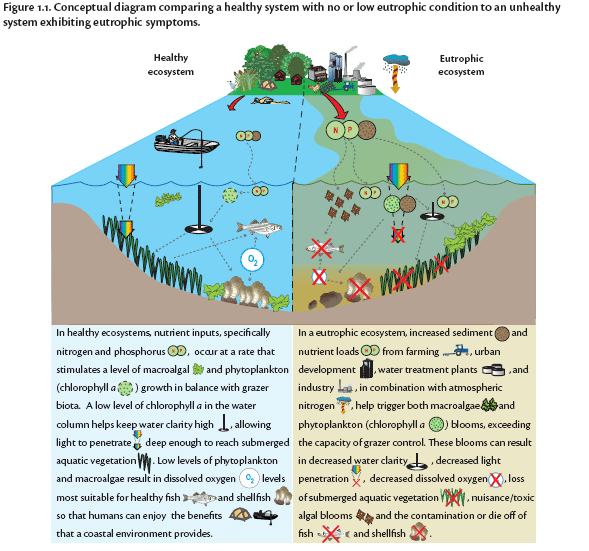

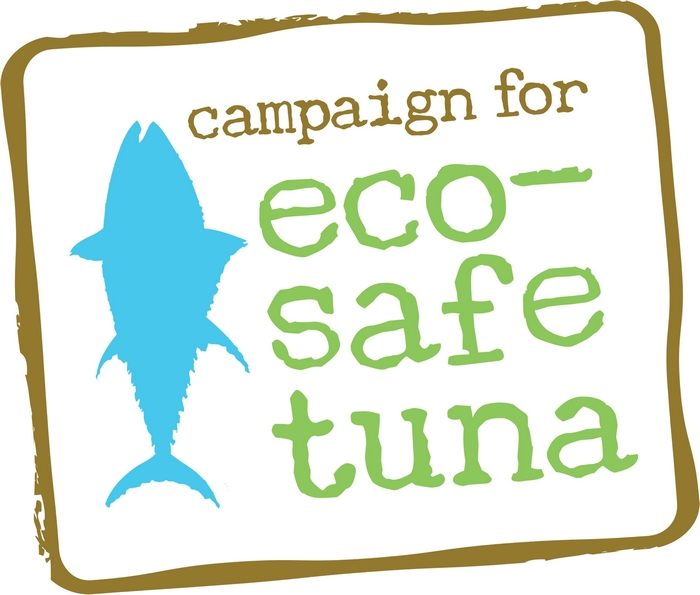


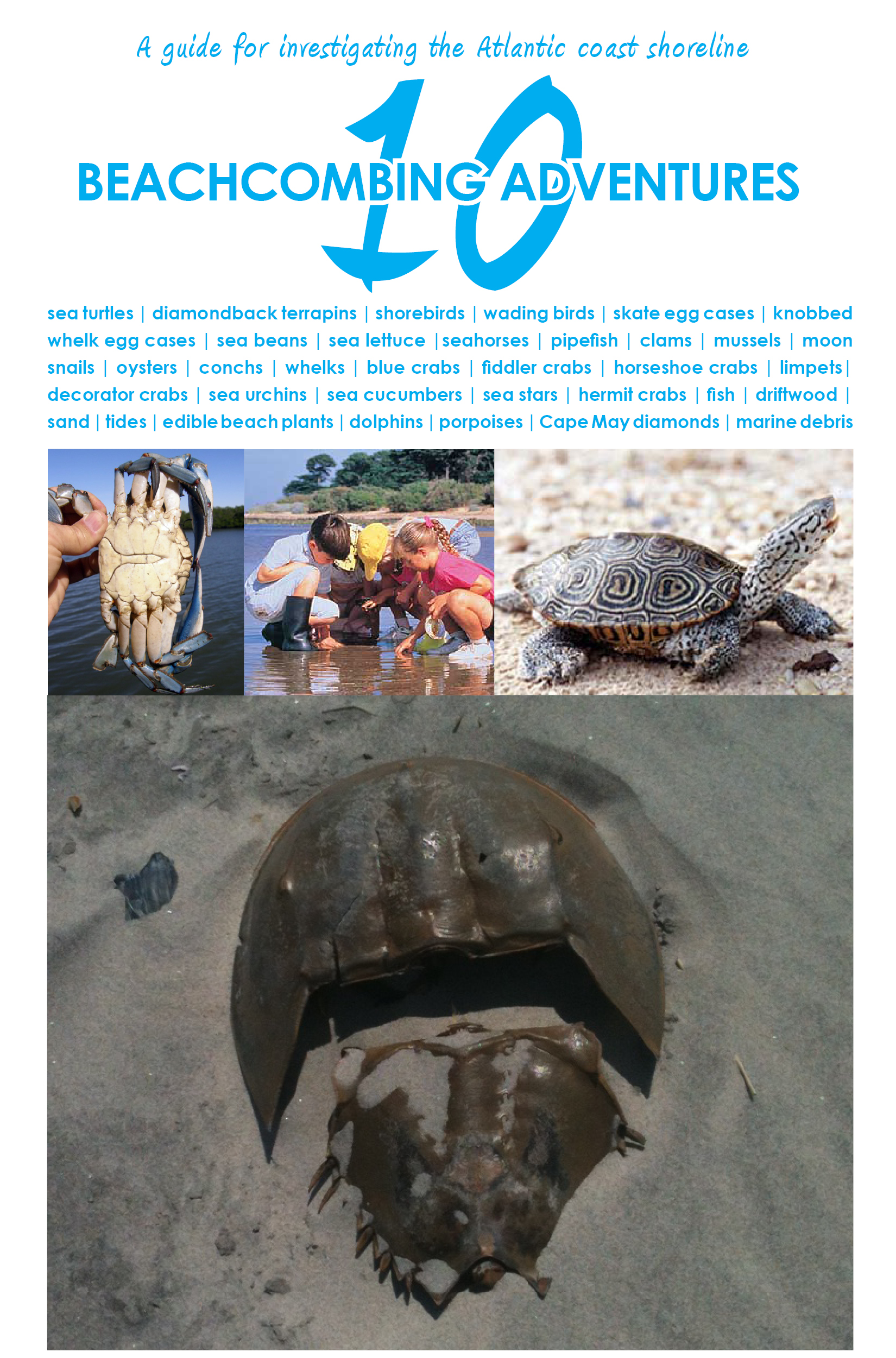
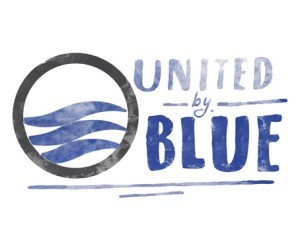
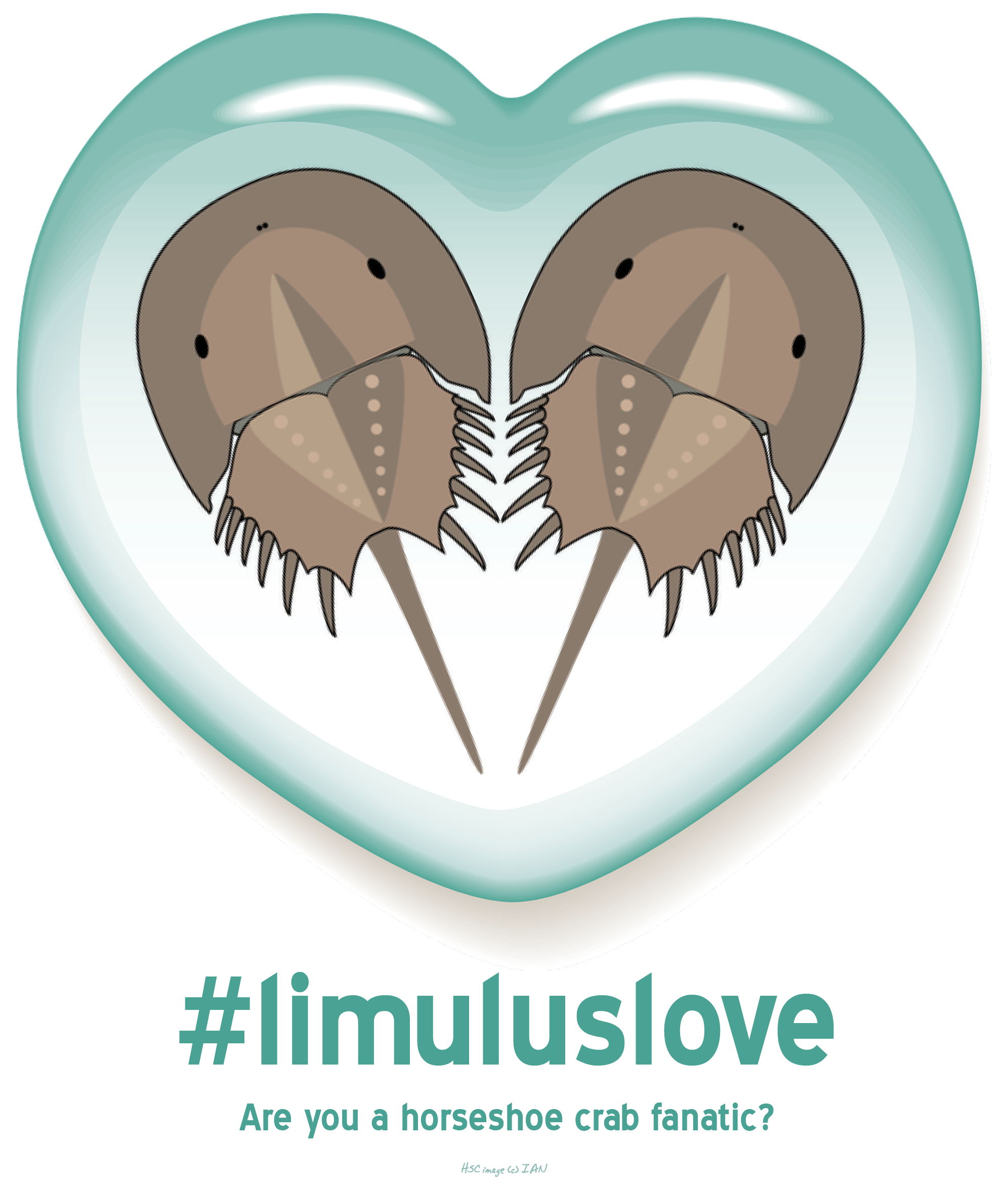
Speak Your Mind